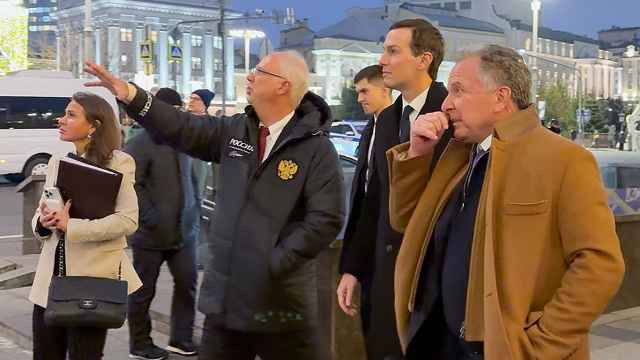Estonia needs to nationalize Eesti Gaas's — the state gas company partially owned by Russia's Gazprom — natural gas transmission network to create a functioning energy market, according to a report by Poeyry Oyj, a Finnish consulting company.
The country should decide on and perhaps implement the splitting of Eesti Gaas's sales and transmission units by 2015, nationalizing the grid and building a regional or local liquefied natural gas terminal, according to the report, commissioned by power grid operator Elering. A supply contract with Gazprom is due for renewal at that time.
"The development of the natural gas market and expansion of gas consumption will probably occur only if the transmission grid belongs to the Republic of Estonia," Poeyry said. "The state can only ensure effective energy markets through two simultaneously functioning levers: working regulations and ownership of the system operator for the main grid."
Estonia's ruling Reform Party published plans in October last year for gas unbundling to reduce dependence on Gazprom, Eesti Gaas's biggest owner and the sole supplier of gas to Estonia, Latvia and Lithuania. The Baltic nations, which have uneasy political relations with Russia, are seeking EU support for building an LNG terminal in the region, citing higher gas prices than in Western Europe and supply risks.
The Economy Ministry has drafted a bill to separate ownership of gas sales and transmission by 2015. Last year, Lithuania announced a similar plan at Lietuvos Dujos, bringing criticism from Gazprom and Germany's E.On, which also has a stake in Eesti Gaas.
The Baltic nations asked the European Commission this month to help decide whether a regional liquefied natural gas terminal is needed and where it might be built, after failing to agree on a location.
A regional terminal for the Baltic nations and possibly Finland would cost 375 million euros ($504 million), Estonian Economy Minister Juhan Parts said in September, citing the Poeyry report before it was published.
A Message from The Moscow Times:
Dear readers,
We are facing unprecedented challenges. Russia's Prosecutor General's Office has designated The Moscow Times as an "undesirable" organization, criminalizing our work and putting our staff at risk of prosecution. This follows our earlier unjust labeling as a "foreign agent."
These actions are direct attempts to silence independent journalism in Russia. The authorities claim our work "discredits the decisions of the Russian leadership." We see things differently: we strive to provide accurate, unbiased reporting on Russia.
We, the journalists of The Moscow Times, refuse to be silenced. But to continue our work, we need your help.
Your support, no matter how small, makes a world of difference. If you can, please support us monthly starting from just $2. It's quick to set up, and every contribution makes a significant impact.
By supporting The Moscow Times, you're defending open, independent journalism in the face of repression. Thank you for standing with us.
Remind me later.





